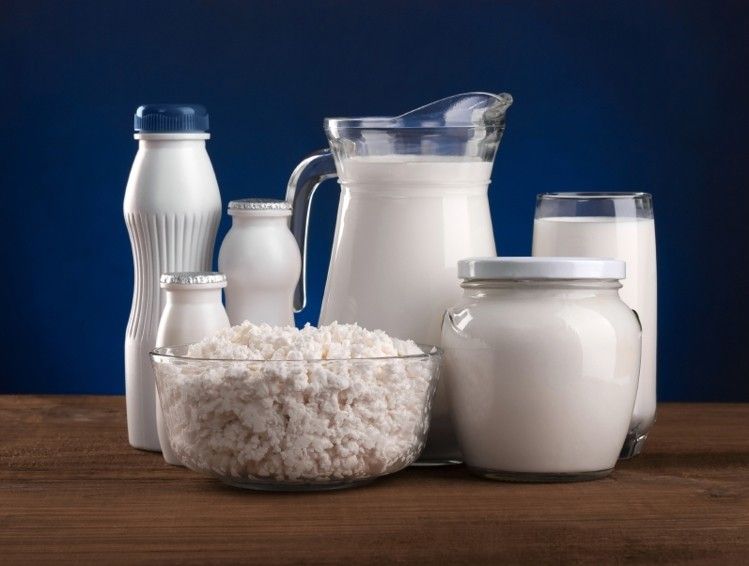Milk is a staple in Indian households, consumed across age groups and integrated into various daily routines. Whether it’s in healthy beverages for children, tea and coffee for adults or essential dairy products like dahi and chaos, milk plays a vital role in Indian cuisine. However, the safety of this dietary essential is a concern addressed by the Food Safety and Standards Authority of India (FSSAI), the official government agency for food and safety laws.
Distinguishing Between Adulteration And Contamination
Understanding news reports regarding milk quality requires differentiation between contamination and adulteration. Contamination involves unintentionally adding substances due to improper handling or environmental factors. On the other hand, adulteration is intentional, aimed at lowering quality for illegal gain. Common adulterants include detergent, water, melamine, urea, oxytocin, and formalin.
Consequences Of Milk Adulteration And Contamination
The regular consumption of adulterated or contaminated milk can lead to severe health issues, including organ malfunction, heart problems, cancer, vision impairment, renal problems, and even demise. The perishable nature of milk and the demand-supply gap makes it susceptible to impurity, especially during festivals when demand surges. The World Health Organisation (WHO) has warned India about potential fatal diseases by 2025 if milk adulteration is not curbed.
Harmful Effects Of Adulterants
Various adulterants in milk can have specific health implications. For instance, melamine may lead to kidney issues, urea can harm kidneys, oxytocin injection poses risks to organs, and formalin-laced milk consumption can result in cancer and skin issues.
Home Testing For Milk Adulteration
To address concerns at the consumer level, individuals can conduct simple home tests to check for adulteration. These tests include observing milk flow on a slanting surface to detect water content, using iodine to identify starch, and checking for detergent by shaking a milk-water mixture to produce a lather.
Laboratory Testing For Adulteration
While home tests provide some insights, thorough laboratory testing is essential for detecting certain adulterants like vanaspati, formalin, salt, sugar, hydrogen peroxide, ammonium sulfate, and boric acid. The FSSAI conducted a national survey in 2018, analysing over 6400 milk samples from various sources, concluding that while concerns existed, widespread milk adulteration wasn’t prevalent.
Health Benefits And Insurance
Given the potential health risks of milk consumption, robust online health insurance becomes crucial. Health insurance plans, from personal and family coverage to critical illness and health insurance plans for parents, offer financial protection against medical expenses from contaminated or impure milk. Building a diverse health insurance portfolio ensures comprehensive coverage and aligns with tax-saving benefits under Income Tax Act Section 80D. **
Looking for the ideal insurance provider? Consider convenient processes to buy, renew and manage your insurance policies online. For instance, the Bajaj Allianz health insurance renewal process is simple and easy to manage via their website or the app.
Ensuring milk safety in India requires a multi-faceted approach. While FSSAI oversees regulatory measures, individuals can safeguard their health through home testing. The collaboration between regulatory measures, public awareness, and comprehensive online health insurance is imperative to mitigate the potential risks associated with milk consumption and secure the population’s well-being. Claims are subject to terms and conditions set forth under the health insurance policy. *
Subscribe to Bajaj Allianz General Insurance YouTube Channel here!
*Standard T&C Apply
**Tax benefits are subject to change in prevalent tax laws.
Disclaimer: The content on this page is generic and shared only for informational and explanatory purposes. It is based on several secondary sources on the internet and is subject to changes. Please consult an expert before making any related decisions.
Insurance is the subject matter of solicitation. For more details on benefits, exclusions, limitations, terms, and conditions, please read the sales brochure/policy wording carefully before concluding a sale.
You may also like
-
Discover the Health Benefits of Organic Medjool Dates: Nature’s Sweet Superfruit
-
How to find the best wine cellar expert in Ottawa?
-
How Food Service Support Helps Restaurants Overcome Common Challenges in Operations Management?
-
Culinary Odyssey: Navigating the Exquisite Offerings of Restaurant Menus
-
Blue Buffalo: Love Them Like Family, Feed Them Like Family.


